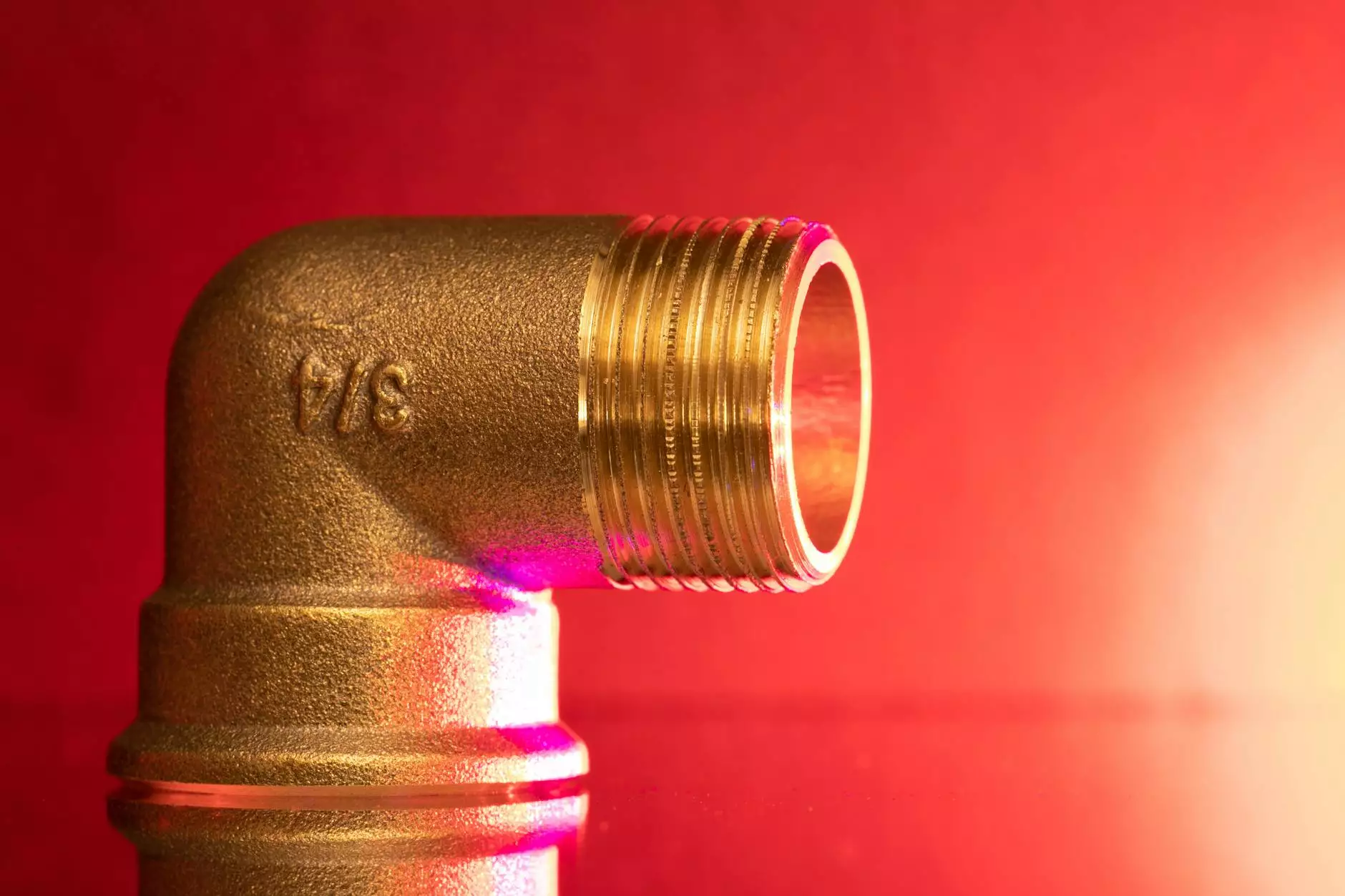The Essential Guide to Injection for Horse Health

When it comes to maintaining the health and performance of horses, understanding the intricacies of medical treatments is paramount. One crucial aspect of equine healthcare involves the administration of injections for horses. Whether for vaccinations, medications, or supplements, these injections play a significant role in ensuring horses remain healthy and competitive.
Understanding Horse Injections
Injections are a common method used by veterinarians to deliver medications efficiently to horses. They can be categorized into several types, including:
- Intravenous (IV) Injections: Administered directly into the bloodstream for immediate effect.
- Intramuscular (IM) Injections: Given into the muscle tissue for slower absorption.
- Subcutaneous (SC) Injections: Injected into the tissue layer between the skin and the muscle.
Why Are Injections Necessary for Horses?
The importance of injections in equine medicine cannot be understated. They serve various vital functions that contribute to a horse's overall health, including:
- Vaccinations: Protecting against infectious diseases such as Equine Influenza, West Nile Virus, and Tetanus.
- Medications: Treating conditions like pain, inflammation, or infections through anti-inflammatory drugs or antibiotics.
- Supplements: Providing essential nutrients that may not be sufficient in a horse's diet, such as vitamins and minerals.
Benefits of Injection for Horse Health
Utilizing injections for horses has numerous advantages that enhance their health and performance:
1. Rapid Action
Unlike oral medications, which may take time to be absorbed through the digestive system, *injections work much more quickly* to deliver therapeutic agents directly into the system. This swift action is particularly critical in emergency situations.
2. Precise Dosage
Injections allow for accurate dosing, ensuring that the horse receives the exact amount of medication needed for effective treatment. This precision is crucial, especially for potent medications where even slight variations can have significant effects.
3. Reduced Gastrointestinal Disturbance
Some medications can irritate the digestive tract when administered orally. Injections bypass the gastrointestinal system, minimizing the risk of side effects related to oral medications.
4. Long-lasting Effects
Some injections, particularly certain vaccines and depot injections, provide longer-lasting effects than oral alternatives, which may require more frequent dosing.
Common Injections for Horses
Several specific types of injections are frequently used in equine healthcare:
1. Vaccination Injections
These are essential for preventing various diseases. Horse owners should adhere to a recommended vaccination schedule tailored to their geographic area and the horse's lifestyle.
2. Corticosteroids
Used to reduce inflammation and treat conditions such as arthritis. Corticosteroid injections can provide significant relief and improve performance capabilities.
3. Hyaluronic Acid
Often injected into joints to relieve pain and improve mobility, especially in older or performance horses suffering from joint problems.
4. Antibiotics
Infected wounds or conditions like pneumonia may necessitate antibiotic injections. Immediate treatment is crucial to prevent complications.
The Process of Administering Injections
Administering injections requires proper technique and handling to ensure both effectiveness and the well-being of the horse. Here are the general steps involved:
1. Preparation
Gather all necessary equipment, including:
- Syringes
- Needles
- Alcohol wipes
- Medication or vaccine to be administered
- Proper identification of the injection site
2. Restraining the Horse
Ensure the horse is secure to prevent sudden movements. This may require help from another individual, or using a halter and lead rope.
3. Choosing the Injection Site
Depending on the type of injection, select the appropriate site:
- For IM injections, the neck or the hindquarters are commonly used.
- For IV injections, the jugular vein is the standard choice.
- For SC injections, the area just beneath the skin, less than a hand’s width from the neck or shoulder, is ideal.
4. Administering the Injection
Using aseptic technique, clean the injection site with an alcohol wipe, insert the needle at an appropriate angle, and inject the medication slowly while ensuring the horse is calm.
Post-Injection Care
After administering injections to a horse, it's essential to monitor the animal for any adverse reactions. Key considerations include:
1. Observe for Reactions
Watch for signs of an allergic reaction, such as swelling, difficulty breathing, or unusual behavior. If any of these symptoms occur, contact a veterinarian immediately.
2. Provide Comfort
Horses can experience soreness at the injection site. Ensure they have a comfortable area to rest and avoid strenuous activity for a day or two after the injection.
3. Follow-Up
If the injection was therapeutic, be attentive to its effects over the following days. Regular check-ins with your veterinarian are advisable to monitor progress.
Considerations When Using Injections for Horses
While injections are an effective method of treatment, certain considerations must be taken into account:
1. Veterinary Consultation
Never administer any injection without first consulting with a licensed veterinarian. They can provide guidance on the suitability of specific medications and dosages for your horse’s individual needs.
2. Proper Training
Only trained individuals should administer injections. Improper technique can lead to complications or injuries.
3. Record Keeping
Maintain detailed records of all injections administered, including the date, type of medication, dosage, and any reactions observed. This information is vital for ongoing treatment and care.
Conclusion: The Importance of Injections in Equine Healthcare
In summary, injections for horses are a cornerstone of equine healthcare that facilitate rapid and effective treatment of various conditions while ensuring a high quality of life for these magnificent animals. Understanding the processes involved, along with the benefits and considerations, empowers horse owners to provide the best possible care. The world of equine health is intricate and continuously evolving, making it essential to stay informed.
To ensure your horse remains fit and healthy, regularly consult with your veterinarian and adhere to recommended vaccination and treatment schedules. With proper care and attention, your horse can enjoy a long and vibrant life, capable of thriving both in competition and at home.









